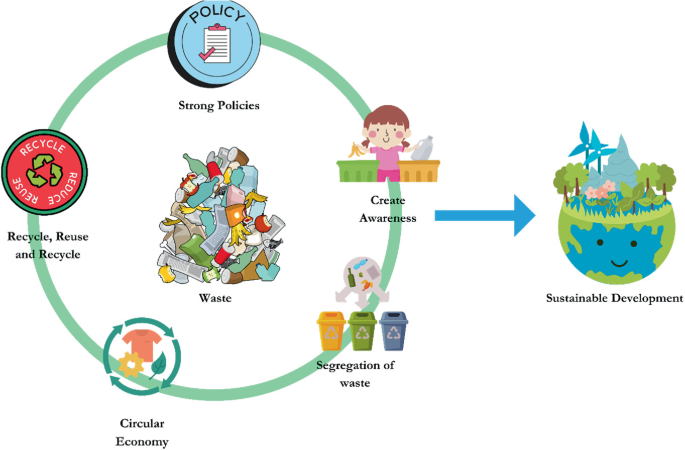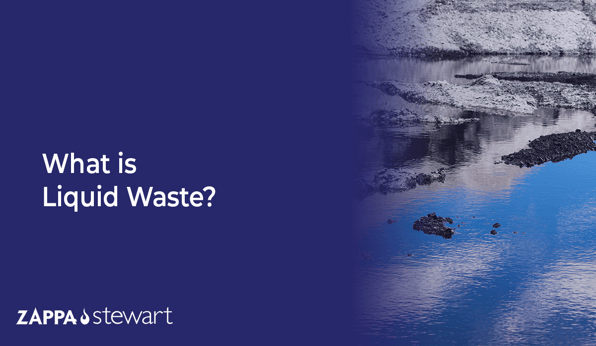See This Report about Reclaim Waste
See This Report about Reclaim Waste
Blog Article
Unknown Facts About Reclaim Waste
Table of ContentsReclaim Waste Fundamentals ExplainedGetting My Reclaim Waste To WorkSome Known Details About Reclaim Waste The smart Trick of Reclaim Waste That Nobody is DiscussingThe Best Strategy To Use For Reclaim Waste
Check out the types, events, and types of liquid waste. Residential sewer waste describes the waste and products from a residential septic tank. This sort of waste is created by human beings in houses, colleges, and other structures. This only includes septic systems that have a drain area. The proper monitoring and disposal of domestic sewer waste require fluid waste to be transferred to a sewer treatment plant where the appropriate methods and devices are put on cleanse and take care of waste.
Business waste frequently consists of possible hazards, such as flammable materials or a mixture of liquid and strong waste items, and requires a much more sophisticated and detailed disposal process. The disposal of business waste normally entails the filtration of waste prior to transportation to make sure safe and correct disposal. Hazardous waste is produced from by-products and drainage of industrial procedures and manufacturing.
This sort of waste can not make use of the exact same sewer monitoring transport or procedures as septic or commercial liquids. The hazardous waste administration process calls for the evaluation and testing of liquid waste before it goes through the disposal process (industrial wastewater treatment). Runoff waste is the liquid waste that originates from overflow and excess stormwater in very inhabited areas or cities
Runoff waste can create contamination and flooding if not dealt with properly. Guaranteeing proper waste management can protect against catastrophes and reduce ecological harm.
Excitement About Reclaim Waste
Call PROS Services today to learn more about our waste monitoring and disposal services and the appropriate ways to take care of the liquid waste you create.
(http://www.askmap.net/location/7161699/australia/reclaim-waste)This so-called 'wastewater' is not just a crucial source yet, after treatment, will certainly be released to our land, rivers or the ocean. Made use of water from toilets, showers, bathrooms, kitchen area sinks, washings and industrial procedures is understood as wastewater.

water made use of to cool equipment or clean plant and tools). Stormwater, a kind of wastewater, is overflow that streams from farming and urban areas such as roofing systems, parks, yards, roadways, courses and rain gutters into stormwater drains, after rainfall. Stormwater flows neglected straight to local creeks or rivers, at some point reaching the sea.
The 5-Second Trick For Reclaim Waste
In Queensland, most wastewater is treated at sewage treatment plants. Wastewater is transferred from domestic or industrial sites through a system of sewage systems and pump stations, called sewage reticulation, to a sewage therapy plant. Regional governments build, maintain and operate most sewage treatment plants. Operators are licensed under the Environmental Management Act 1994 to release cured wastewater at an appropriate environmental standard into rivers.
The Division of Natural Resources suggests regional governments about managing, operating and keeping sewerage systems and treatment plants. In unsewered locations, city governments may call for owners to set up private or home sewer therapy systems to deal with domestic wastewater from commodes, kitchens, restrooms and laundries. The Division of Natural Resources authorises using house systems when they are verified to be effective.
Most stormwater obtains no treatment. In some brand-new class, therapy of some stormwater to eliminate litter, sand and crushed rock has started utilizing gross pollutant catches. Wastewater treatment takes place in four phases: Eliminates strong matter. Bigger solids, such as plastics and other things incorrectly discharged to sewage systems, are removed when wastewater is travelled through screens.
Utilizes small living microorganisms recognizes as micro-organisms to break down and eliminate staying liquified wastes and great particles. Micro-organisms and wastes are integrated in the sludge.
What Does Reclaim Waste Mean?
Nutrient removal is not readily available at all sewage treatment plants since it requires pricey specialized devices. Clear liquid effluent produced after therapy may still include disease-causing micro-organisms - liquid waste disposal.

This normally suggests wastewater has to be treated or pollutants gotten rid of prior to it can be discharged to waterways. Many wastewater streams into the sewage system. Under the Act, city governments administer approvals and licences for environmentally appropriate activities (Ages) including wastewater releases that may have a regional impact. The division provides authorizations and permits to Ages involving wastewater launches that might have a local or statewide effect.
The Of Reclaim Waste
Or else, examples are considered laboratory analysis. Commonly several tests are needed to establish the degrees of each of the various toxins such as oils, hefty metals and chemicals in water. Surveillance offers official website accurate info regarding water top quality and can confirm that licence conditions are being satisfied. The details gotten through monitoring offers the basis for making water high quality choices.
Report this page